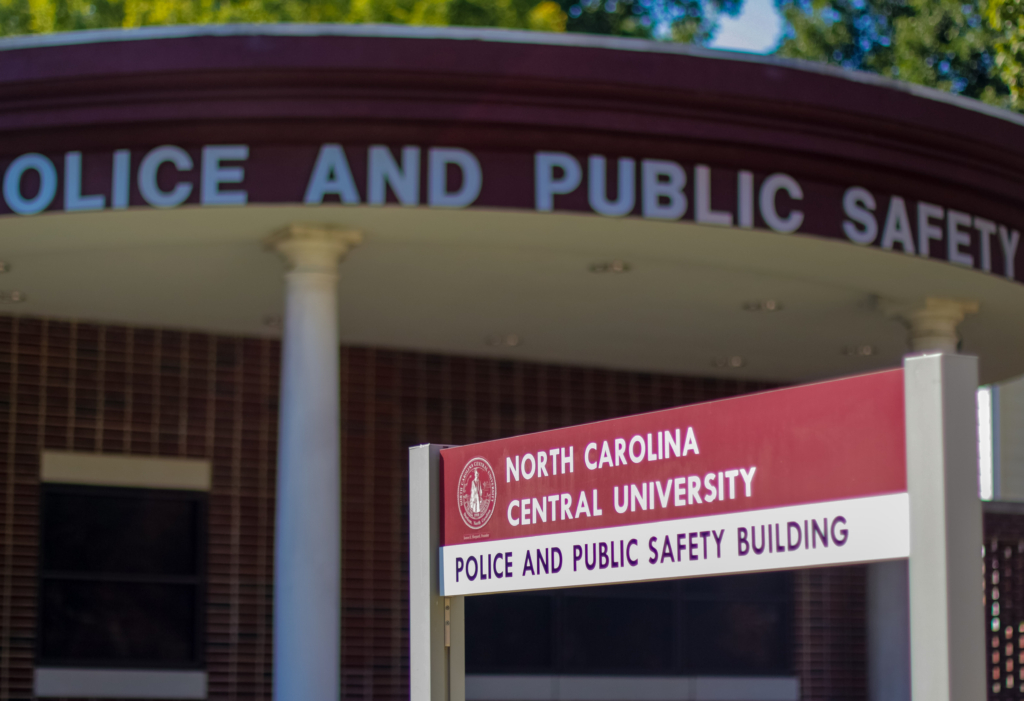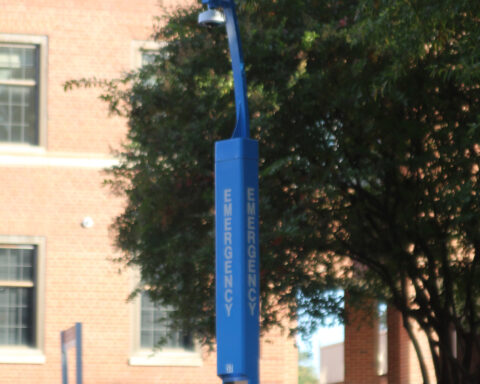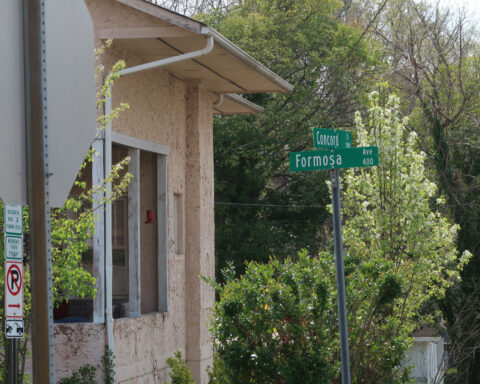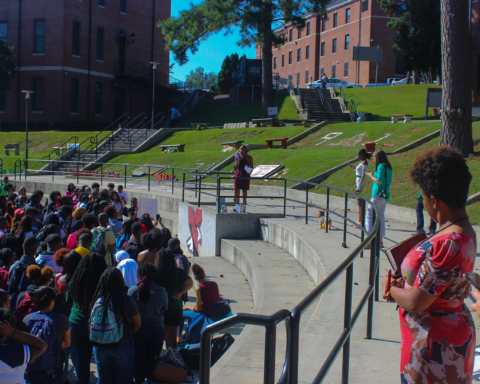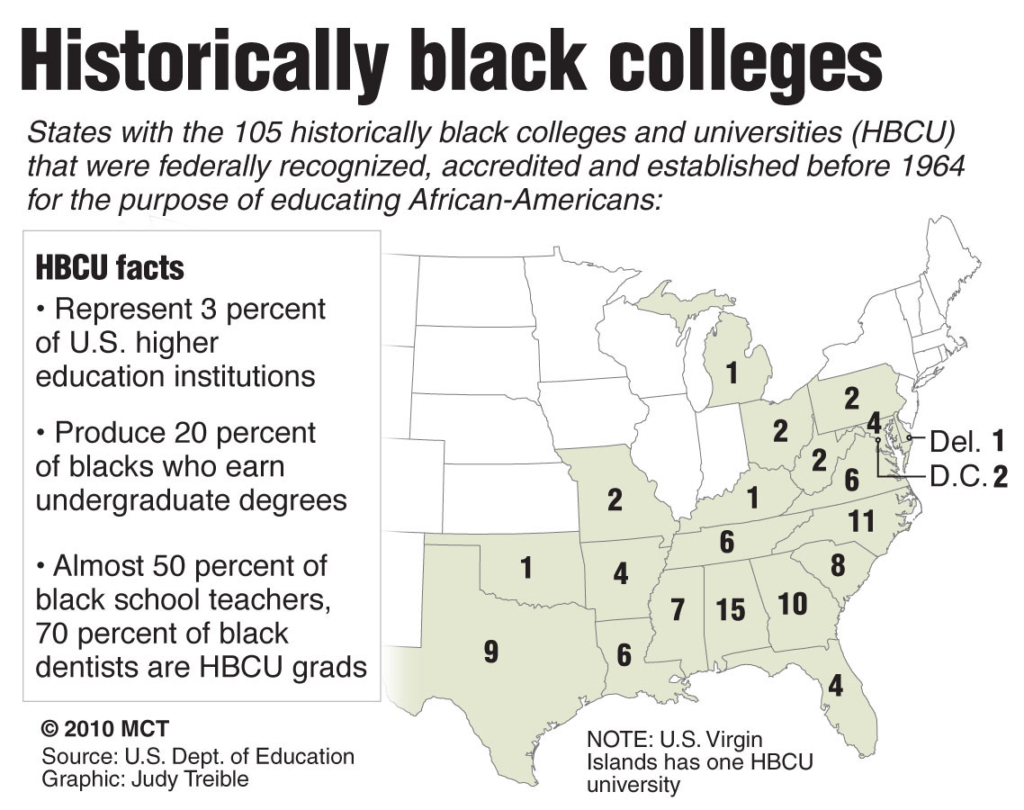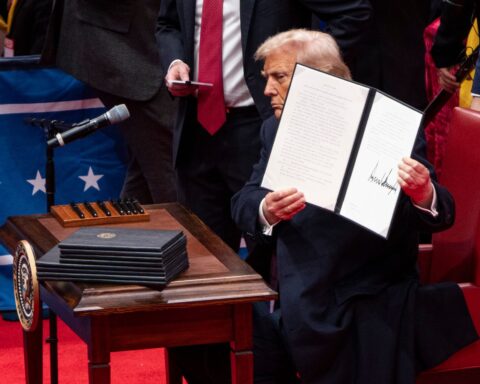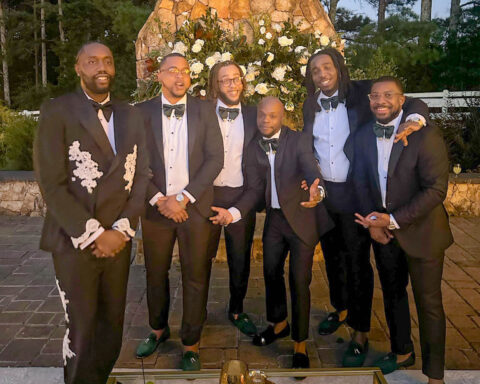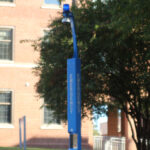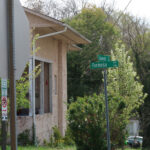On any given day, at any given time, one of four watch command oversees the campus of N. C. Central University.
There are four watch commands: A, B, C and D—A and C are nights; B and D days.
A typical day squad has a lieutenant who serves as watch commander, one sergeant, two police officers and four security officers. At night, the squads add one more police officer and two security officers.
The squads are guided by data from crime analysis officers.
“The officer gathers any type of data on criminal activity,” Lt. Steven Jacobs, who serves as NCCU’s assistant director of Campus Security, explained. “They make a map and pinpoints areas with higher incidences. They (then) send the information to us and we flood the area with officers to try and prevent the crime.”
All squads have security officers assigned to every residence building, the library, the law school and the science complex. Others are assigned traffic and parking duties.
The idea is visibility. Security officers patrol man golf carts while police officers use squad cars or SUVs. While sergeants supervise field work, lieutenants handle administrative operations and remain posted at the stations.
NCCU is currently installing 83 camera posts—a bright blue mast with built-in lighting and voice capabilities—to fill gaps in surveillance across campus. Additionally, all buildings will soon only be card-accessible, according to a June Herald-Sun interview with NCCU’s new chancellor Dr. Johnson Akinleye.
“We’ve given out a contract already now to a security consulting firm to install keycard access,” Chancellor Akinleye revealed. “You (will) have to punch in codes, to get into almost—not just into the residential halls—all of our buildings on campus.”
Jacobs and University Police applaud these initiatives, though they do not solve the campus’ current marijuana problem. Through community policing, the department may receive a call about a marijuana smoke odor in the residence halls. A visit to a room might yield a stoned student with several grams of weed in their possession.
“Most times, it (marijuana) may come through in a random vehicle and keep moving,” Lt. Jacobs said. “The bigger problem is that we smell it in the dorms. We know it’s going on.”
A drug-detecting (or “sniffer”) dog would act as a deterrent and prevent sizable amounts from being held in the dorms, but the university is holding back on getting a dog of its own, fearing it might bite students. Using borrowed dogs on occasion reveals high marijuana usage in crime analysis reports. From there, unannounced visits are made to the residential hall blocks where the smoke was detected.
Alongside campus initiatives, personal security measures are heavily encouraged. University police offers crime prevention programs, crime alert and escort services that students are urged to make use of.
Jacobs also reminds students to carry a sense of self and remember their mother’s teachings: do not speak to strangers.
“Get to know them. Ask them who they are,” Jacobs advises. “Don’t get into their cars (before asking) for their driver’s license and getting their last names.”

